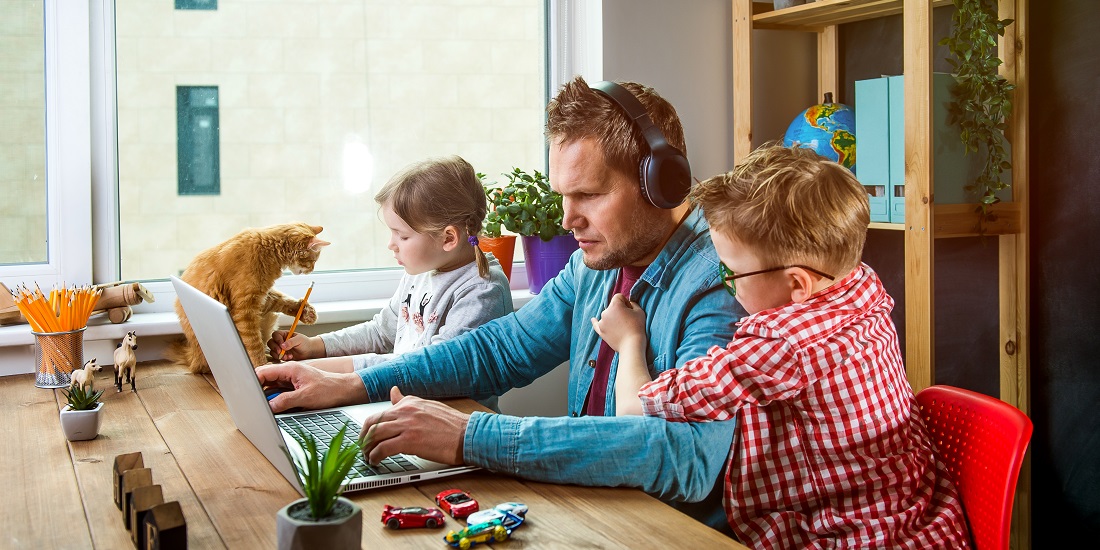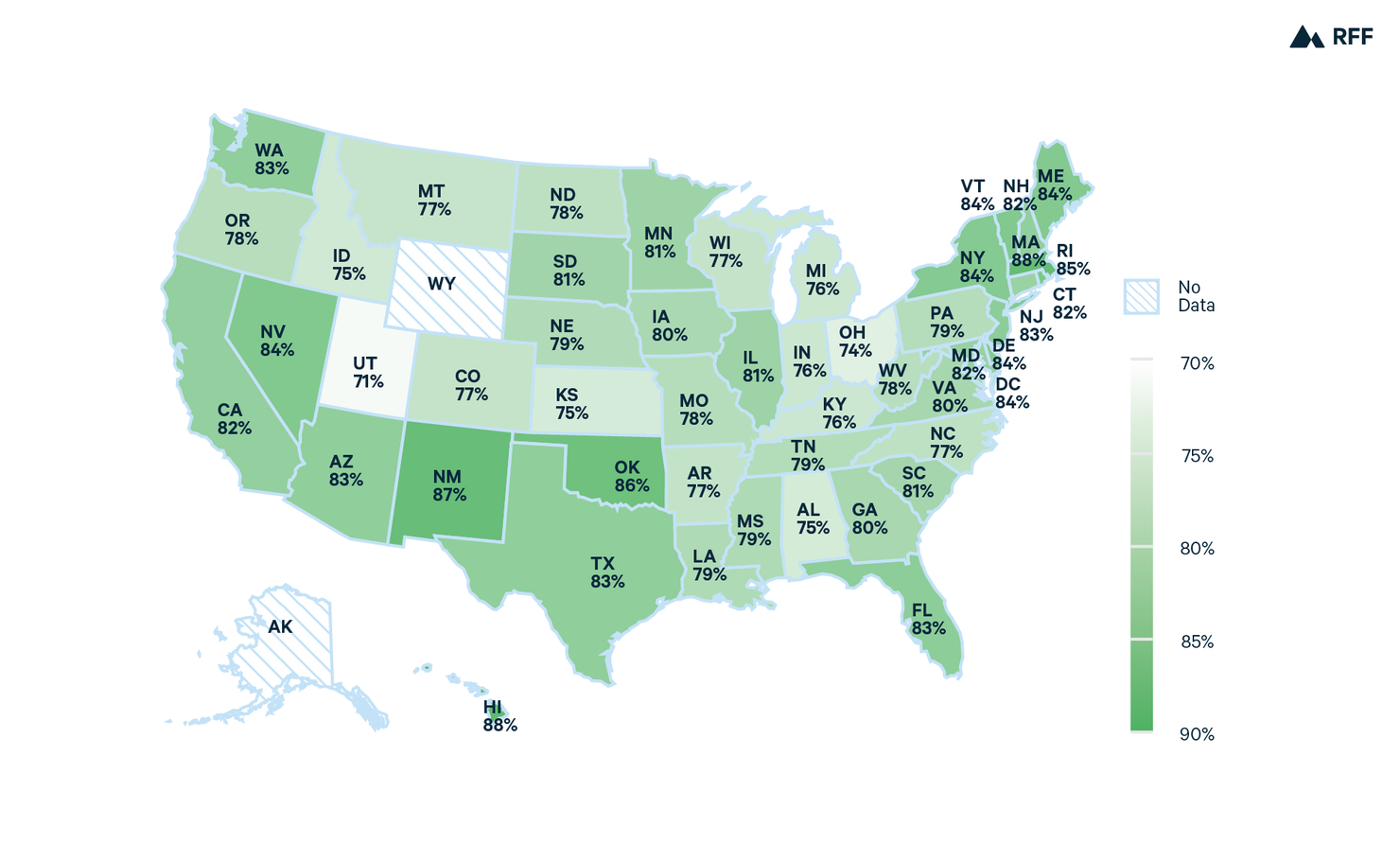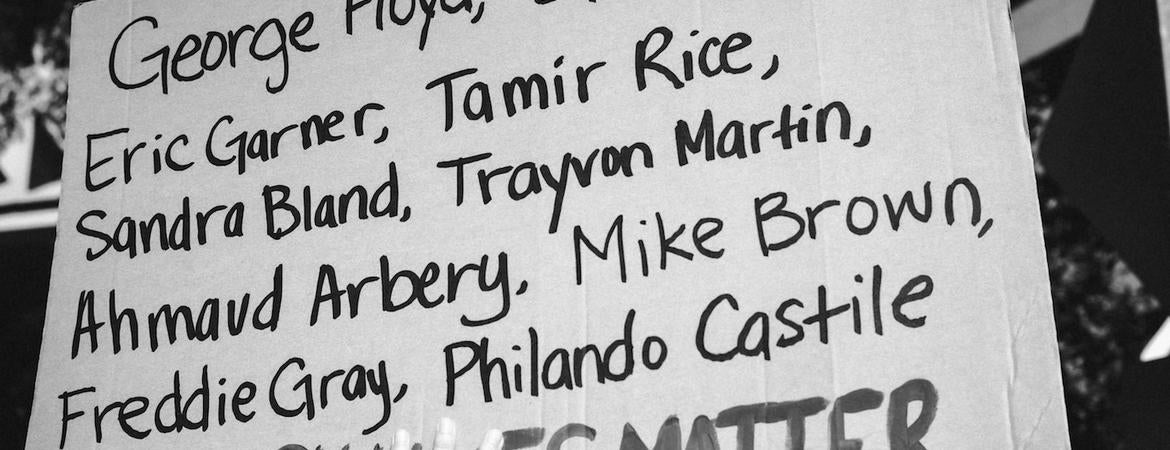It may seem a bit contradictory at first glance, but increased flexibility in our workday may have given us less flexibility in the work itself. The daily press and the nascent research literature on COVID-19 speculate on the long-term consequences of the coronavirus situation. These could change the way we think about the methods we...
Local
From Sea to Shining Sea: New Survey Reveals State-Level Opinions on Climate Change
North and South, rural and urban–the United States is a complex mix of cultures, mindsets, and life experiences. And, as a new report by researchers at Stanford University, Resources for the Future, and ReconMR illustrates, those state-by-state differences affect climate attitudes and opinions. The report is the latest installment of Climate Insights 2020, a seven-part series...
Want to Wait Less at the Bus Stop? Beware Real-Time Updates
Smartphone apps that tell commuters when a bus will arrive at a stop don’t result in less time waiting than reliance on an official bus route schedule, a new study suggests. In fact, people who followed the suggestions of transit apps to time their arrival for when the bus pulls up to the stop were...
Experiencing Police Violence Worsens Mental Health in Distinct Ways
The experience of police violence is associated with mental and emotional trauma distinct from that caused by other kinds of violence, creating a public health crisis for communities most affected. Simply put, the experience of police violence puts Black, Latino, Indigenous, and sexual minority communities at higher risk of distinct mental health problems, in addition...
How Psychological Ownership Can Enhance Stewardship for Public Goods
How can consumers be encouraged to take better care of public goods and resources? That’s the question posed in a new research paper co-authored by Collen P. Kirk, D.P.S., associate professor of marketing at New York Institute of Technology, in the Journal of Marketing. Caring for the Commons: Using Psychological Ownership to Enhance Stewardship Behavior for...
Donors More Likely to Give to COVID Causes When Font Matches Message
Appeals seeking donations to help fight hunger during the COVID-19 pandemic were more successful when the typeface in which the appeal was written mirrored the tone of the donation request, a new study has found. In a study that asked prospective donors to consider whether and how much to give to a local food bank...
New Study Reveals One Way Police Officers Can Reduce Shooting Errors
In a new research paper published in Police Quarterly, University of Colorado Denver School of Public Affairs Assistant Professor Paul Taylor found officers can significantly improve shoot/no-shoot decisions by simply lowering the position of their firearm. In the study, Taylor looked at 313 active law enforcement officers in a randomized controlled experiment that incorporated a...
Subsidized Cars Help Low-Income Families Economically, Socially
For one low-income woman, not having a car meant long commutes on public transit with her children in tow, sometimes slogging through cold or inclement weather. But after buying a subsidized car through a Maryland-based nonprofit, she was able to move to a home located farther from bus stops, send her children to better schools...
More Than 90% of Driver’s License Suspensions Are Not Related to Traffic Safety
A study conducted by researchers at Children’s Hospital of Philadelphia (CHOP) and Brown University found that the vast majority of license suspensions are for non-driving-related events, such as failure to pay a fine or appear in court, and that these suspensions disproportionately affect those living in low-income communities and in communities with a greater percentage...
News Coverage in Chicago Disproportionately Devalues Black and Hispanic Lives
The recent deaths of George Floyd, Breonna Taylor and Ahmaud Arbery added new momentum to the Black Lives Matter social movement in the United States. But Stanford researchers have found that local news media have not treated Black and Hispanic lives as equal in value to white lives in stories. Forrest Stuart, associate professor of...










